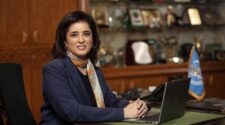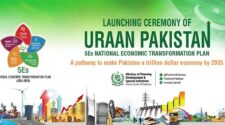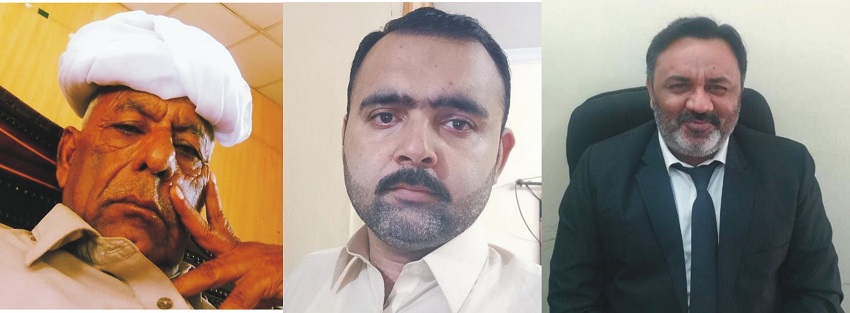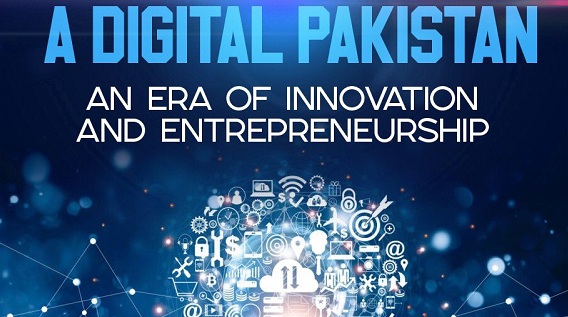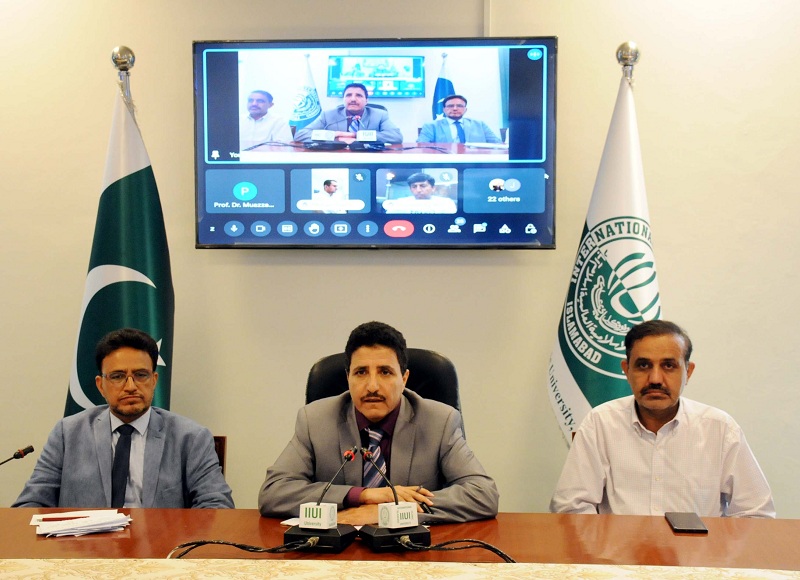A real and trenchant characterization of the education system of Pakistan would definitely help Pakistani scholars and learners to realize the deepest causes of their cultural decay which drives their society to the acceptance of unnecessary poverty and mute toleration of many social wrongs to which they are subjected.
Let shatter the illusions of Pakistani students that they are on way to real learning. Gobbling up all the printed pages from books that were printed centuries ago no longer meant real learning. They never think for themselves but read and repeat, generation after generation. We have stopped producing all the great thinkers, theologians, historians, philosophers, mathematicians.
So many erroneous views are being filled by the hybrid private education system. They are posing that the downfall of our society is mainly due to the Islamic approach which is wrongly presented as an unholy mixture of desert fanaticism, gross sensuality, superstition and dumb fatalism that prevents its adherents from participating in mankind’s development and higher social form. These so-called systems tend to get Pakistani learners free from their subservience to Islamic beliefs and social practices and induced to adopt the Western way of life.
Unfortunately, the mindset of the Pakistani hybrid education system holds an utterly distorted image of Islam. Would that they see that the holy Qura’ап confers an intense God-consciousness that expresses itself in rational acceptance of God-created nature; harmonious side-by-side of intellect and sensual urge, spiritual need and social demand. It must be obvious that our decline is not due to any shortcomings in the Islamic educational approach but rather to our failure to live up to it.
In fact, Islamic education carries the society to tremendous cultural height by directing their energies towards conscious thoughts as the only means to understanding the nature of God’s creation and thus of His will. The holy Prophet (PBUH) had declared that” striving after knowledge is a most sacred duty of every Muslim man and woman”: and his (PBUH) followers were led to understand that only by acquiring knowledge could they fully worship the Lord. When they explored the Prophet’s (PBUH) saying, “God creates no disease without creating a cure for it as well”. Meant by searching for unknown cures they would contribute to the fulfillment of God’s will on earth: and so medical research became invested with the holiness of religious duty. “We create every living being out of water” and in their endeavor to penetrate to the meaning of these words, they began to study living organisms and the laws of their development, and thus they established the science of biology.
The Holy Qura’ап pointed to the harmony of the stars and their movements as witnesses of their Creator’s glory: and thereupon the sciences of astronomy and mathematics were taken up by the Muslims with a fervor which in other religions was allocated for prayers alone. The foundation of the Copernican system had actually been laid hundred years earlier than that of Europe. Muslim astronomers had reached the conclusion that the earth was globular and that it rotated around its axis, and had made accurate calculations of Latitudes and longitudes. And in the same way, they took Chemistry, Physics, and Physiology and to all other sciences.
The Muslim scholars did no more than to follow the instruction of their Prophet “If anybody proceeds his way on the search of knowledge, God will make easy for him the way to paradise”. That the scientists walk to the path of God. “That the superiority of the scholar over the mere pious is like the superiority of moon when it is full over the other stars”, that the ink of a scholar is more precious than the blood of a martyr.
In short, the Islamic education concept gives tremendous incentive to cultural achievements which constitute one of the proudest pages in the history of mankind and it gives this incentive by demonstrating intellect, action, social life and rejecting, obscurantism, quietism, and asceticism.
By: Mureed Ahmed Sajid
mureedsajid179@gmail.com


